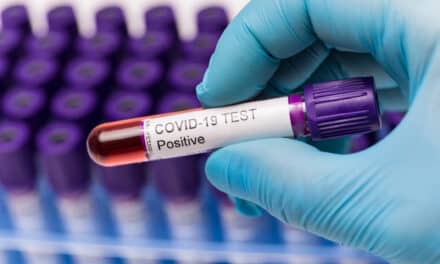The new standards, which apply to most employers in the state, require employers to record and track COVID-19 cases and develop a written prevention program.
The California Dental Association (CDA) is working with the California Division of Occupational Safety and Health (Cal/OSHA) to determine if emergency regulations on COVID-19 infection prevention that took effect on November 30 apply to dental offices. The regulations apply to most California employers. The CDA points out that dental offices already operate under the more stringent airborne transmissible disease standard. As the emergency regulations took effect immediately, however, without a grace period for compliance, the CDA is recommending that practice owners adhere to the new requirements for now.
Practices need to develop, implement, and maintain a written COVID-19 prevention program that includes a policy for accommodating employees with medical or other conditions that put them at increased risk of severe COVID-19 illness. In addition, this program must identify and evaluate employee exposures to COVID-19 health hazards and implement policies and procedures to correct unsafe and unhealthy conditions. The program must also provide employees with training on COVID-19 infection prevention techniques and information about COVID-19 benefits that affected employees may be entitled to.
According to the CDA, in lieu of developing a new prevention program, employers may ensure the new required elements are added to their existing injury and illness prevention program. CDA said it is updating its COVID-19 addendum to the IIPP to include the new required elements. This revised IIPP will be available for members’ use by December 10.
The new Cal/OSHA requirements also require that practices record and track all employee COVID-19 cases, regardless of whether employees were exposed in the dental practice; maintain employees’ earnings and other employee rights and benefits during times employees are not permitted to work because of close-contact exposure at work; and maintain employees’ earnings and other employee rights and benefits during times employees are required to self-quarantine if they test positive for or are diagnosed with COVID-19 due to an exposure at work.
The Department of Industrial Relations for the State of California said in a press release announcing the new regulations that enforcement investigators will reportedly take into consideration employers’ “good faith efforts to implement the emergency standards” but emphasized that eliminating hazards and implementing testing requirements during outbreaks is essential.










